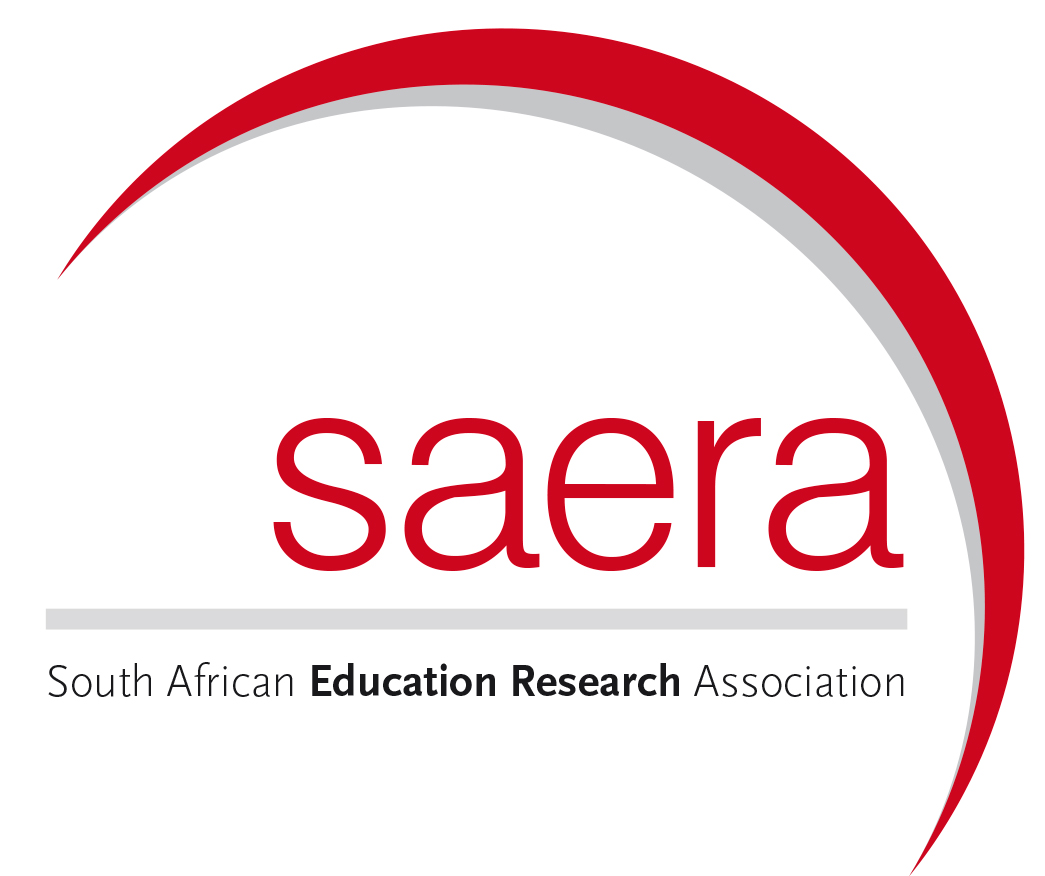Original Research - Special Collection: Neoliberal Turn in Higher Education
Neo-Liberalism’s Shadows: Modern slavery in South African Higher Education
Submitted: 30 April 2024 | Published: 17 September 2024
About the author(s)
Lizl Steynberg, Department of Management and Entrepreneurship, Faculty of Management Sciences, Tshwane University of Technology, Pretoria, South AfricaJan P. Grundling, Centre for Local Economic Development (CENLED), School of Economics, College of Business and Economics, University of Johannesburg, Johannesburg, South Africa; and, PASCAL International Observatory (Africa), Johannesburg, South Africa
Marius Venter, Centre for Local Economic Development (CENLED), School of Economics, College of Business and Economics, University of Johannesburg, Johannesburg, South Africa; and, PASCAL International Observatory (Africa), Johannesburg, South Africa
Abstract
Neoliberal ideology globally prioritises competition and productivity over staff well-being in higher education, leading to exploitative practices and heightened stress among academic faculty, culminating in what can be termed modern academic slavery. This study investigates the contemporary impact of neoliberalism on South African universities, focussing on governance, funding and academic freedom, and how these factors contribute to deteriorating conditions for academic staff and toxic work environments. This research examines academic experiences in a South African urban higher education institution (HEI) utilizing a single-case study approach. It examines their context within institutional and societal trends. Using a single-case ideographic approach in a South African HEI, the study utilises detailed documentation, incident analysis and literature review to understand academic enslavement within the chosen HEI, contextualising the academic’s experiences within these broader institutional and societal trends. The findings reveal four key themes: moral disengagement, corporate malfeasance, exploitative labour practices, and labour coercion, illustrating the widespread exploitation of academic staff. The study advocates for urgent interventions to ensure respectful treatment, foster ethical work environments, and address disparities between administrators and faculty. It calls for autonomy, ethical leadership and a culture of inquiry in HEIs to combat modern academic slavery while acknowledging the need for further action and exploration.
Contribution: This study underscores the current impact of neoliberalism on higher education in South Africa, exposing challenges for academic staff and advocating systemic reforms. It emphasises the necessity for future investigations into institutional accountability and strategies to enhance staff well-being in HEIs.
Keywords
Sustainable Development Goal
Metrics
Total abstract views: 324Total article views: 254
